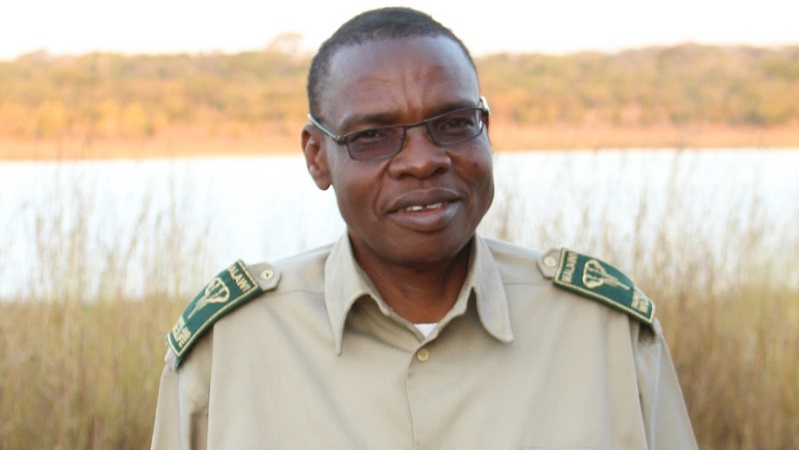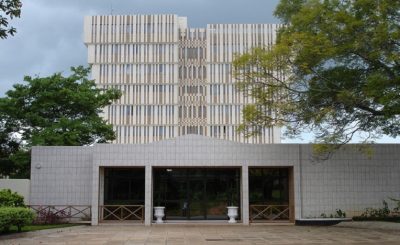Stakeholders in the fight against wildlife crime in the country say forfeiting of crime proceeds realised through such criminalities by convicts is crucial step in addressing the vice.
Speaking in Lilongwe during a media interface on how the country is progressing in dealing with wildlife crime, Director in the Department of National Parks and Wildlife (DNPW) Brighton Kumchedwa said both prosecutions and convictions are not enough in dealing with wildlife crimes.
According to Kumchedwa, there is need to ensure that the convicts forfeit their assets they realise when committing such crimes.
“We have taken widely scope of wildlife crimes, to say wildlife crime boarders on different aspects, we are taking the cases as they come and finds out proceeds realised when such crimes are committed.
“That’s where all these aspects are coming in to look at the financial aspects and to look at the immigration aspects,” said Kumchedwa.
On his part, Superintendent Wellington Chizakazi who works in the office responsible for Wildlife Crime Investigations at the Malawi Police Service said Malawi has registered tremendous progress in confronting wildlife crime.
“When we go back, I think ten years ago the situation was not good for the country, there are several cases that we can cite as examples as to where Malawi was.
“And today we have three tangible big cases in Malawi that we have successfully investigated and we would stand and say I think we are making good progress as compared to where Malawi was ten years ago,” Superintendent Chizakazi.
In 2020, Malawi prosecuted 251 new wildlife individual cases and 59 sentences were pronounced as the maximum sentence was 180 months imprisonment with hard labour.
For the past two decades, Malawi has been used as a conduit for wildlife crimes masterminded by various syndicates like the Lin-Zhang gang.





